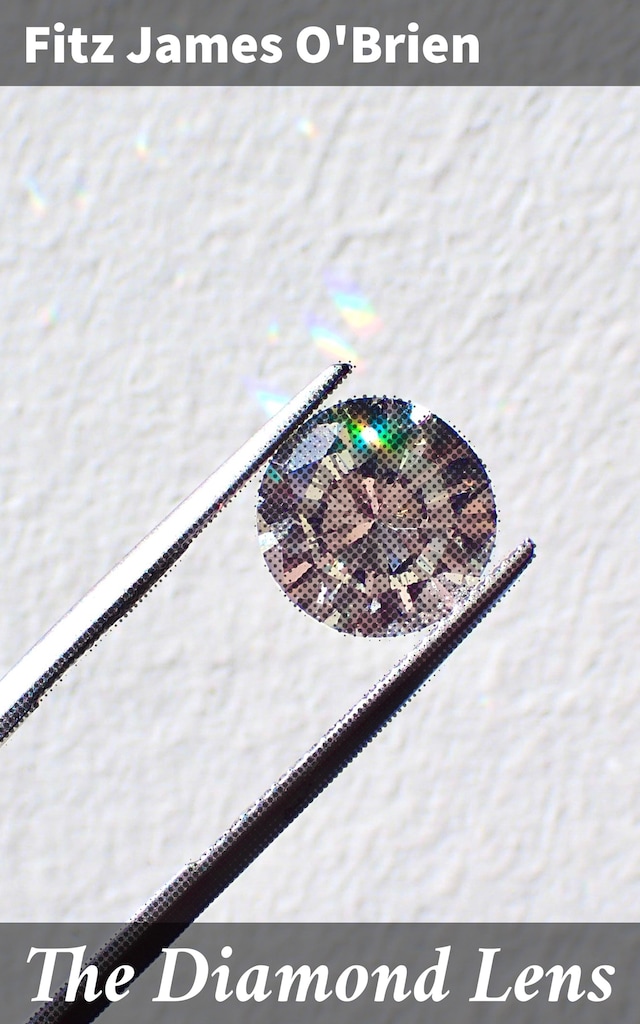
The Diamond Lens
Obsession and Ethical Dilemmas in 19th Century Science Fiction
Description of the book
In "The Diamond Lens," Fitz James O'Brien crafts a captivating narrative that explores the boundaries of science and imagination through the lens of microcosmic discovery. The novella, celebrated for its intricate style and vivid imagery, weaves together themes of obsession and the sublime beauty of the unseen world. O'Brien's prose is marked by a meticulous attention to detail, drawing readers into the protagonist's intense experience with a diamond lens that reveals extraordinary wonders, intermingling elements of speculative fiction with Victorian scientific curiosity. Fitz James O'Brien, often regarded as a precursor to modern science fiction, was deeply influenced by the intellectual currents of the mid-19th century, including the rise of experimental science and technological advancement. His own fascination with the capabilities of human perception and the mysteries of nature propelled him to investigate these themes in "The Diamond Lens," where he raises questions about the ethics of knowledge and the cost of obsession. O'Brien's untimely death at a young age left a legacy that bridges Romantic thought and burgeoning scientific inquiry. Readers who relish a blend of imaginative storytelling and philosophical inquiry will find "The Diamond Lens" to be a compelling read that challenges the limitations of perception and reality. This novella not only entertains but also provokes thoughtful contemplation on the wonders of nature and the human condition, making it a vital addition to the canon of early science fiction.
 Fitz James O'Brien
Fitz James O'Brien 33 Pages
33 Pages